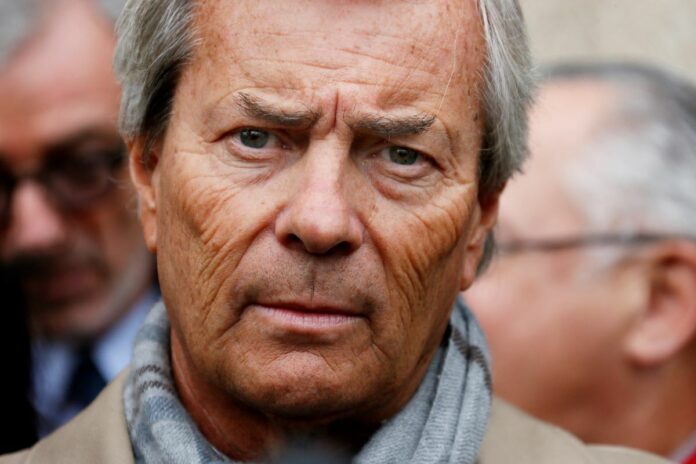Since June 22, 2023, the journalists of the Journal du Dimanche (JDD) have been on strike against the arrival of a new editor-in-chief: Geoffroy Lejeune, support of Éric Zemmour, formerly a journalist at ValeursActuelles. This appointment marked on the far right is symptomatic of the media policy pursued by the Bolloré and Vivendi groups. Officially retired, Vincent Bolloré, 71, is accused of being in charge. For some, the billionaire would like to take over part of the top form of the press for political purposes.
In January 2022, the Senate’s commission of inquiry into concentration in the media of the Senate had heard Vincent Bolloré about the media where he would have imposed a personal editorial line. According to Ouest-France, the billionaire had then defended a project “only economic: the media sector is the second most profitable sector after luxury”.
However, according to journalist Isabelle Roberts, author of L’Empire (written with Raphaël Garrigos), “there is a very predictable ‘Bolloré system’, which began when he imposed his mark on iTélé, which became CNews, but which we have also seen at work at Canal, Paris Match, Europe 1 and now at the JDD”.
The Bolloré recipe is always the same: “He imposes a provocative element. For iTélé, it was the arrival of Jean-Marc Morandini […]. At Canal, we attacked sports officials and authors of the Guignols. For Match it was the front page to the glory of a fundamentalist bishop. In Europe 1, the arrival of voices from CNews”, she lists to our colleagues from Ouest-France.
Each time, the newsrooms go on strike. Without success. “There is a departure plan […]. Then, the editorial staff is remodeled and puts itself at the service of the new editorial line.” A new editorial line revealing Vincent Bolloré’s broader political plan.
Several French businessmen have already invested in the media sector. However, if they “sometimes have an ideology, it is rarely as assumed as in the case of Bolloré”, analyzes Alexis Lévrier, lecturer at the University of Reims and media historian for Ouest-France.
However, the stranglehold of Vincent Bolloré on the media would have a direct consequence on political life. According to a former journalist from Europe 1, “we no longer do news there, we offer a platform to very right-wing people who did not have such access to the mainstream media. The reactionary Catholic right certainly has the right to express themselves. But there, we put at their service a radio which had another cultural capital”, reports Ouest-France.
According to Emmanuel Poupard, first secretary of the National Union of Journalists, Vincent Bolloré would thus have managed to influence French political life. “Eric Zemmour would never have reached 7% [in the presidential elections] if Vincent Bolloré had not allowed him, for two years, to campaign on CNews.”
Vincent Bolloré continues to extend his hold on the media. “He owns a radio, several TV channels, magazines, two influential weeklies, the largest publisher in France. What he lacks is a daily newspaper”, says Isabelle Roberts for Ouest-France.
Questioned by our colleagues, Alexis Lévrier, media historian, considers that Vincent Bolloré “is close to Murdoch or Berlusconi.” Indeed, Silvio Berlusconi had a media empire at the service of the populist right in Italy and Rupert Murdoch influenced Anglo-Saxon political life thanks to his multiple conservative media (including Fox News). Is Vincent Bolloré’s ambition to have more influence on political life? What are his goals for the 2027 presidential campaign?















